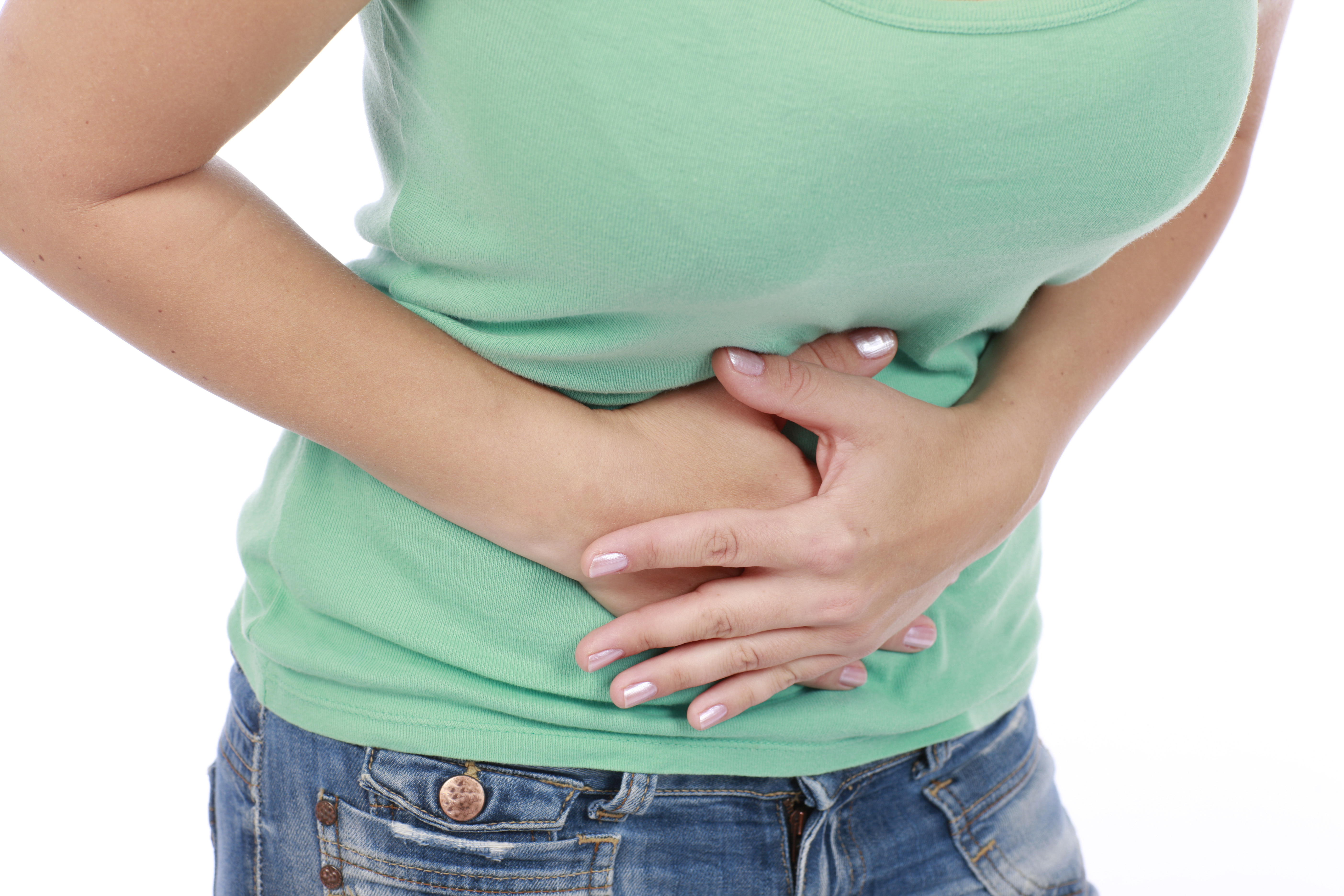Salmonella infection is a food-borne illness caused by an infection with Salmonella bacteria. Most infections are caused by spread of contaminated food items but may also be spread person-to-person by poor hygiene or mal preparation of food.

Salmonella infection is a food-borne illness caused by an infection with Salmonella bacteria. Most infections are caused by spread of contaminated food items but may also be spread person-to-person by poor hygiene or mal preparation of food.
Symptoms of salmonella infection are:
On average, it takes 12 to 72 hours for the symptoms to develop after the ingestion of an infectious dose of salmonella. These symptoms last for 4 to 7 days and most will recover without treatment. Severe infections and complications may require immediate hospital care.
Diagnosis
Besides the identification of clinical findings, physicians may request for the following tests:
Recommended Management:
Overview and FactsTypes and SymptomsDiagnosis & MedicationsOverview and Facts Referred pain is a phenomenon where pain is perceived at a [...]
Overview and FactsTypes and SymptomsDiagnosis & MedicationsOverview and Facts Quinoline yellow is a synthetic food colorant commonly used in the [...]
Overview and FactsTypes and SymptomsDiagnosis & MedicationsOverview and Facts Pneumothorax is a condition characterized by the presence of air in [...]